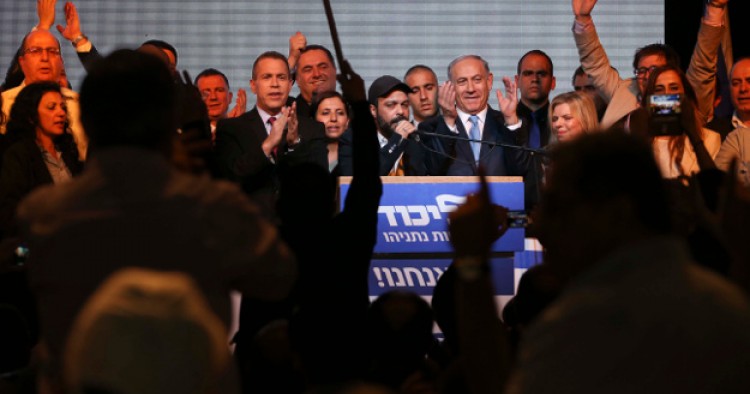Read the full article at Foreign Affairs.
Benjamin Netanyahu's victory in Israel’s election last week has been declared a triumph of security over economics. Netanyahu exploited Israelis’ fears about terrorism and regional instability, virtually ignoring the growing economic and social problems in the country. His opponent, Isaac Herzog, fashioned himself as the candidate who would bring economic and social change. Although his message resonated with a part of the electorate—Herzog’s party increased its strength from 15 to 24 seats in the Knesset—the largest segment of the electorate (about 25 percent) ultimately opted for Netanyahu, seeing in him a leader who would keep the country safe.
But the election was about more than just Netanyahu. The ultimate victory belongs to the Israeli right wing, demonstrating that it has become something of a permanent majority—a strength that comes regardless of who leads it.
Several factors account for the right’s entrenchment in Israeli politics. First, the right has become synonymous with security. In a way, this evolution defies common sense, since a growing chorus of former military and security leaders are speaking out against Netanyahu and the right’s policies. But the Israeli right has been buoyed by the fact that the peace process—long identified with the left—has ground almost to a halt, undermining Israelis’ faith that the left can ever broker a peace agreement. The voters have responded by rationalizing: if no peace from the left, then at least security from the right.
The Middle East Institute (MEI) is an independent, non-partisan, non-for-profit, educational organization. It does not engage in advocacy and its scholars’ opinions are their own. MEI welcomes financial donations, but retains sole editorial control over its work and its publications reflect only the authors’ views. For a listing of MEI donors, please click here.












